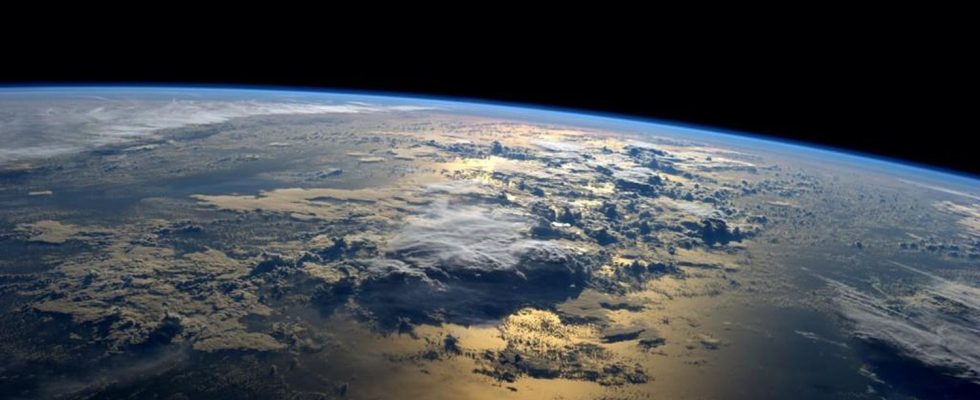What is being built? What is destroyed? Where are we going ? We are largely unaware of it, but it is paradoxically because we have understood something: through new and unexpected loops, we will depend more and more on events which largely depend on us. So how can we know what will happen tomorrow if what will happen depends in part on what we are going to do?
This question is all the more difficult as we are now well aware of nibbling more and more eagerly on the earthly fruit that sustains us, but without knowing how to stop this bad tendency. So, we sense that this very future, which we are partially determining by our actions, by our choices and by our non-choices, could turn out to be radically different. And, deep down, we fear it. It must be said that, for example with regard to climate change, biodiversity, deforestation, soil, water and air pollution, all the indicators are alarming and all the projections worrying.
The idea of a common and desirable future is thus left intellectually fallow, in political levitation and in libidinal neglect. Now, as has been said about nature itself, the future abhors a vacuum. He therefore lets himself be invested by all kinds of hauntings. Collateral victim of our prophetic weaning, it has become difficult to envisage, to contemplate: if only for 2050, we are incapable of constructing a projective horizon having a weight similar to that which the year 2000 had in the imagination of the last decades of the 20th century.
Which undoubtedly explains why, in November 2018, a vast study by the Bertelsmann Foundation carried out in five European countries (France, Italy, Germany, Spain and Poland) was able to coldly reveal that 67% of those surveyed would prefer to “live in the past ” (without however specifying what this vague expression could possibly mean…).
“In the long term, we will all be dead”
But what about the distant future? For example, that of Earth in 250 million years? Paradoxically, it looks less uncertain than our near future! In the magazine Nature dated October 5, 2023, researchers from different disciplines cross-referenced their predictions, and their results are chilling (but only chilling). Let us judge. The drift of the continents will have led them straight into each other, so that they will form a single block, Pangea Ultima. This evolution will be slow, but not at all peaceful: by coming closer to the point of interpenetrating, the continents will trigger intense volcanic activity which will produce enormous quantities of greenhouse gases. As for the Sun, it will see its activity increase by 2.5%. In short, it will be more than hot… To make matters worse, the existence of a single supercontinent instead of several will lead to the formation of gigantic deserts inland, where no rain can fall. In short, to put it like Keynes, “in the long run, we will all be dead”…
The very distant future of the Earth hardly depends on our present or future actions, we can thus draw it by relying solely on the determinism of physical laws. The supercontinent of the future is ultimately the abrasion of politics, crushed as it will ultimately be by the most implacable physics. In the study of Naturehuman activity is in fact no longer part of the equation: only the intrinsic historicity of the Earth is presented, which began well before our appearance and which will continue well after us.
All this brings to mind the joke that the late Hubert Reeves, the great astrophysicist and popularizer, often told: two planets are talking together and one says to the other: “I’m not very well, I think I’ve caught a humanity.“And the other replied: ‘Don’t worry, you’ll see, it will pass quickly and you won’t have any after-effects.’
* Etienne Klein is a physicist, research director at the CEA and philosopher of science
.
